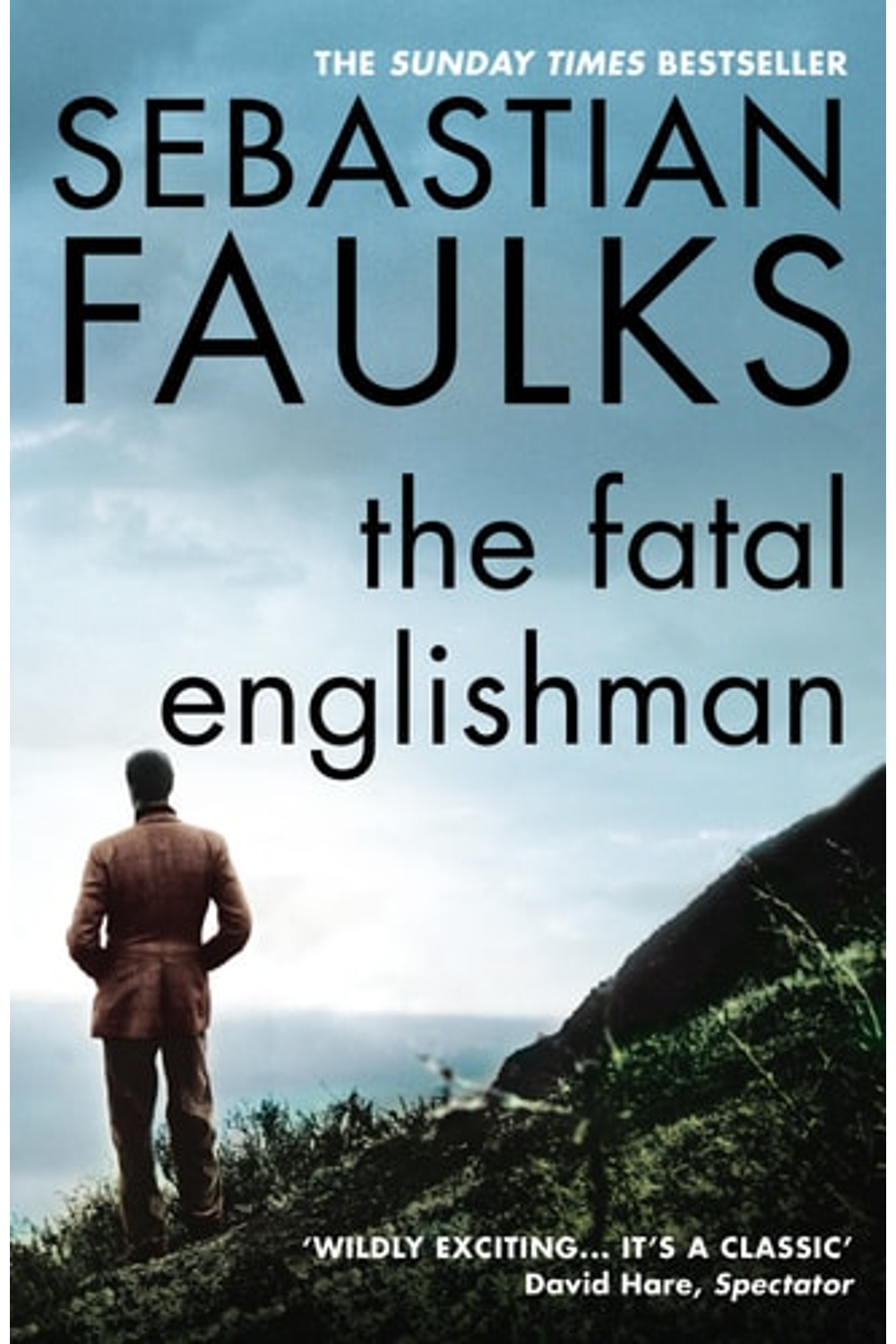Dive into Sebastian Faulks’ *The Fatal Englishman: Three Short Lives*, a compelling exploration of ambition, art, and tragedy. While encompassing three narratives, the book prominently features Christopher Wood, a gifted painter who chased artistic glory in 1920s Paris. Immerse yourself in Wood’s dazzling yet turbulent world, where he mingled with Picasso and collaborated with Diaghilev. But beyond the glamour, Faulks unflinchingly portrays Wood’s inner demons and his ultimately fatal pursuit of artistic immortality. This acclaimed biography, a Vintage First Edition, offers a poignant glimpse into a brilliant life cut short and the intoxicating allure of the art world between the wars. Perfect for readers of biography, art history, and European history.
The Fatal Englishman : Three Short Lives
15,67 $
In stock
Description
Christopher Wood, a beautiful young Englishman, decided to be the greatest painter the world had seen. He went to Paris in 1921. By day he studied, by night he attended the parties of the beau monde. He knew Picasso, worked for Diaghilev and was a friend of Cocteau. In the last months of his 29-year life, he fought a raveni
Delve into the captivating and ultimately tragic lives of three brilliant Englishmen cut short by fate in Sebastian Faulks' acclaimed book, *The Fatal Englishman: Three Short Lives*. This meticulously researched and beautifully written biography offers a poignant glimpse into a bygone era, exploring the interwoven themes of talent, ambition, and the destructive power of circumstance. While the title encompasses three lives, one of the most compelling narratives centers around Christopher "Kit" Wood, a promising young artist who, driven by an insatiable desire to achieve greatness, plunged headfirst into the vibrant and often volatile art scene of 1920s Paris. Faulks expertly paints a vivid portrait of Wood, a strikingly handsome and charismatic figure who moved effortlessly amongst the luminaries of the time. Imagine a young man, brimming with talent and ambition, rubbing shoulders with Picasso, contributing to Diaghilev's groundbreaking Ballets Russes, and forming close friendships with figures like Jean Cocteau. Wood's journey is one of relentless pursuit, fuelled by an almost manic energy and a desperate need for recognition. *The Fatal Englishman* isn't just a biography; it's a window into the artistic and social landscape of post-World War I Europe. Faulks masterfully recreates the atmosphere of Paris in the roaring twenties, a period of immense creativity and experimentation, but also one marked by deep social anxieties and the lingering shadow of the war. Through Wood's experiences, the book explores themes of artistic innovation, the pressures of fame, and the delicate balance between genius and self-destruction. Faulks doesn't shy away from the darker aspects of Wood's story. The biography unflinchingly portrays the artist's struggles with mental health, his dependence on various substances, and his increasingly erratic behavior. As Wood hurtles towards his untimely end at the age of 29, *The Fatal Englishman* becomes a deeply affecting meditation on the fragility of life and the high price of ambition. Beyond the specifics of Wood's life, the book resonates with universal themes. It asks profound questions about the nature of creativity, the pursuit of dreams, and the forces that can both elevate and destroy us. Readers will be captivated by Faulks' compelling prose and his insightful exploration of the human condition. This First Edition paperback published by Vintage is a must-read for anyone interested in art history, European history, biography, or simply a gripping and thought-provoking story. A rare find for collectors and an excellent read for anyone discovering Faulks' profound writing.
Additional information
| Authors | |
|---|---|
| Binding | |
| Condition | |
| ISBN-10 | 0099518015 |
| ISBN-13 | 9780099518013 |
| Language | |
| Pages | 352 |
| Publisher | |
| Year published | |
| Weight | 305 |
| Edition | First Edition |
SKU: G-9780099518013-5
Categories: Architects & Photographers, Artists, Arts & Literature, Authors, Biographies & Memoirs, Europe, Great Britain, History, Journalists, Professionals & Academics
Related products
- Additional information
- Currencies
- USD – United States dollar
- EUR – Euro
- GBP – Pound sterling
- CNY – Chinese yuan
- BRL – Brazilian real
- MXN – Mexican peso
- JPY – Japanese yen
- PHP – Philippine peso
- THB – Thai baht
- PLN – Polish złoty
- CAD – Canadian dollar
- MYR – Malaysian ringgit
- AUD – Australian dollar
- TWD – New Taiwan dollar
- CZK – Czech koruna
- SEK – Swedish krona
- HUF – Hungarian forint
- ILS – Israeli new shekel
- CHF – Swiss franc
- HKD – Hong Kong dollar
- DKK – Danish krone
- SGD – Singapore dollar
- NOK – Norwegian krone
- NZD – New Zealand dollar





